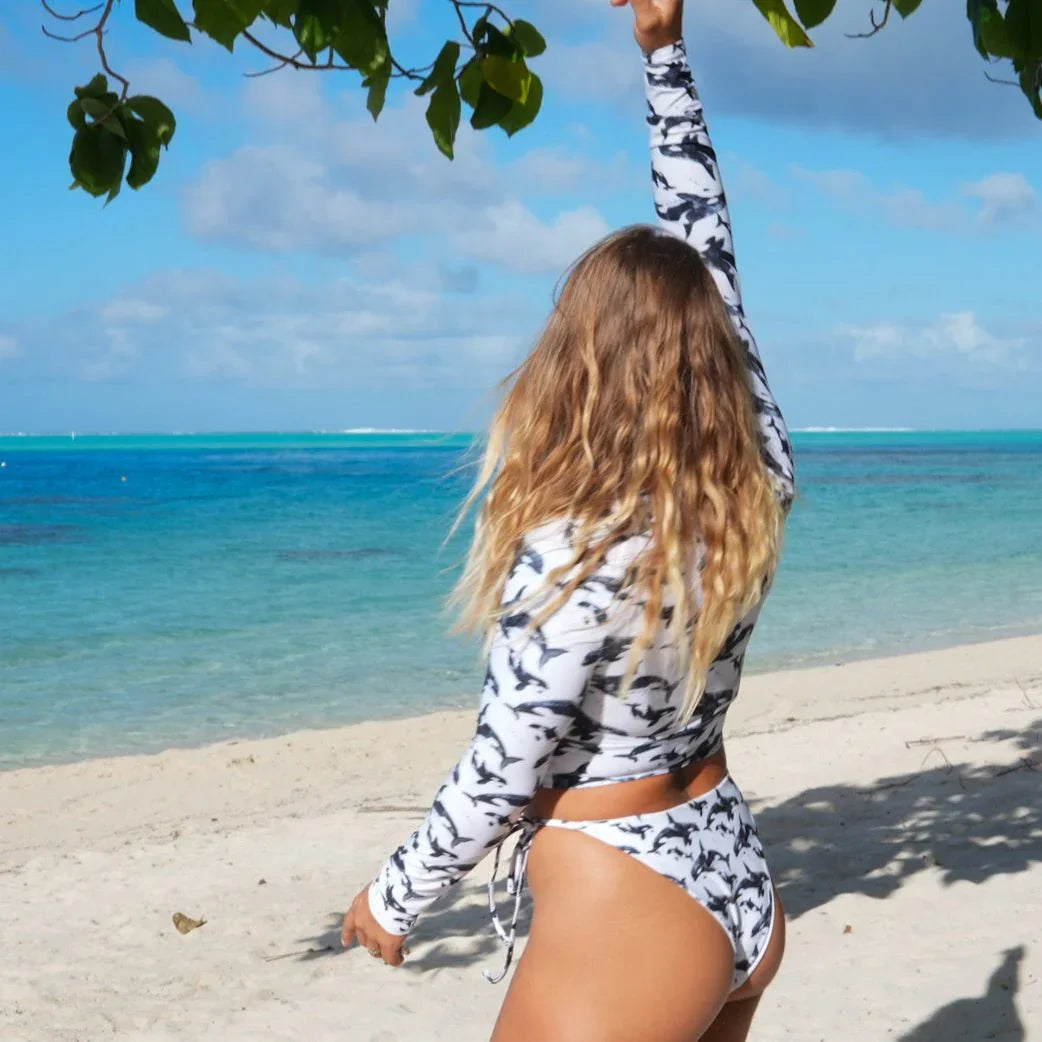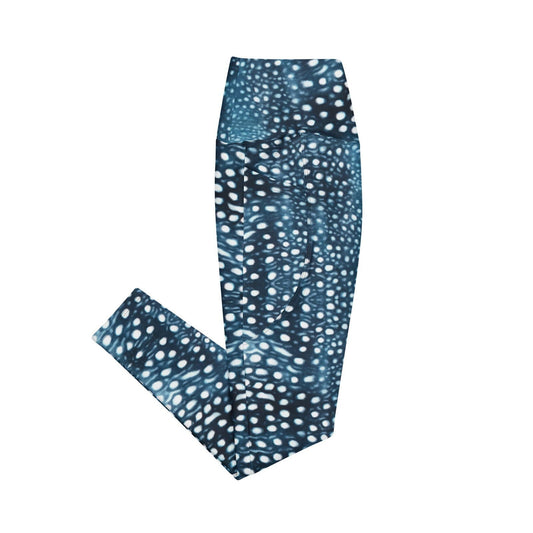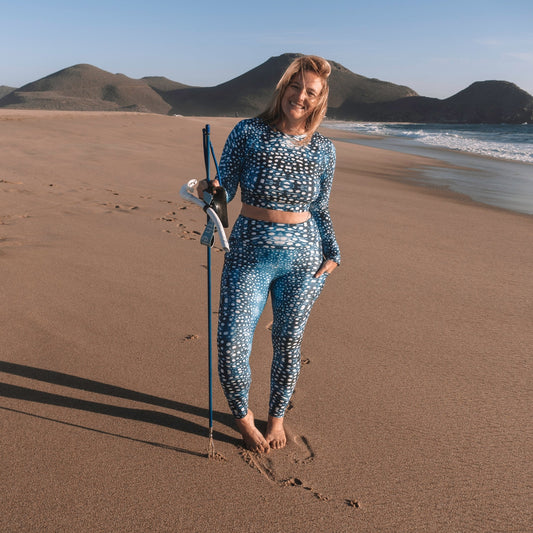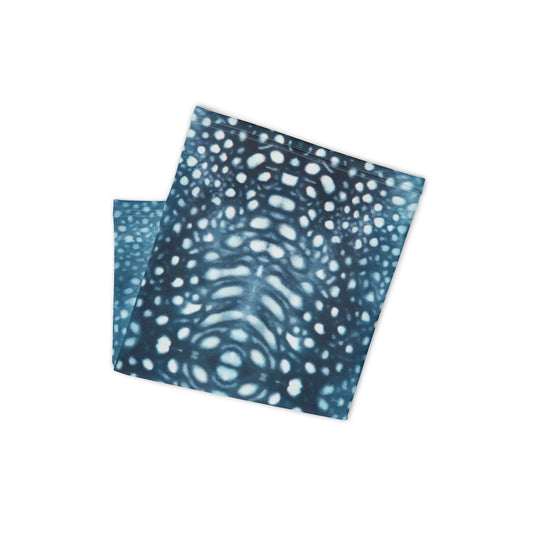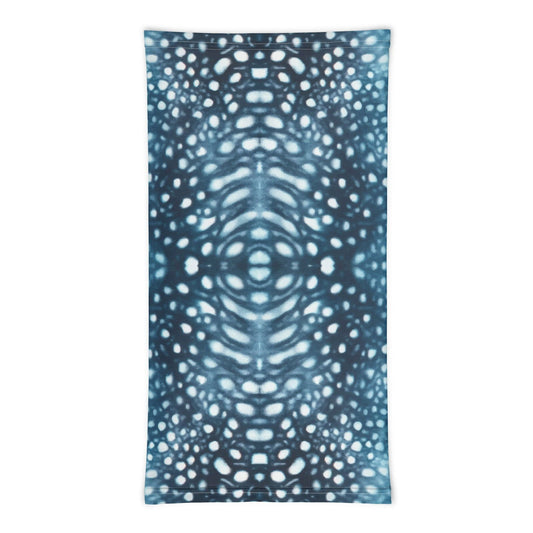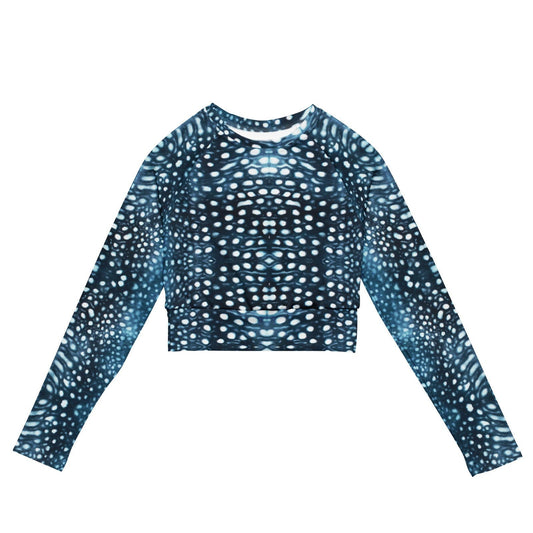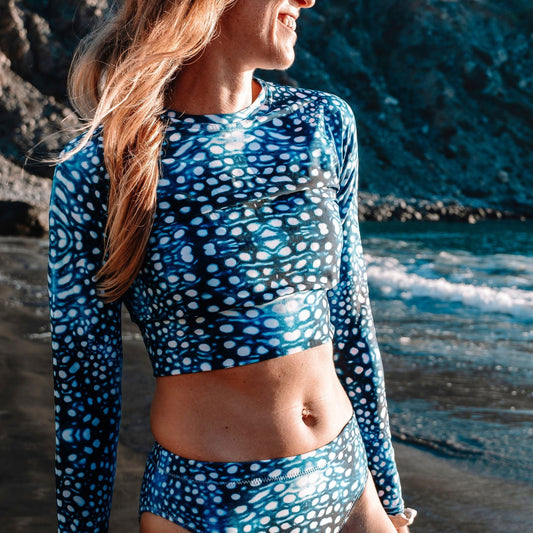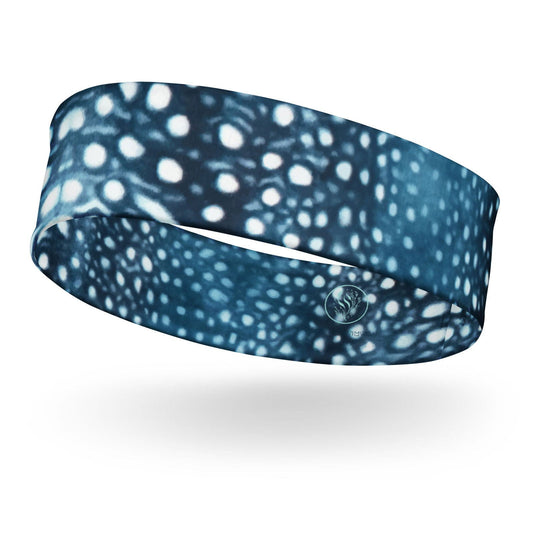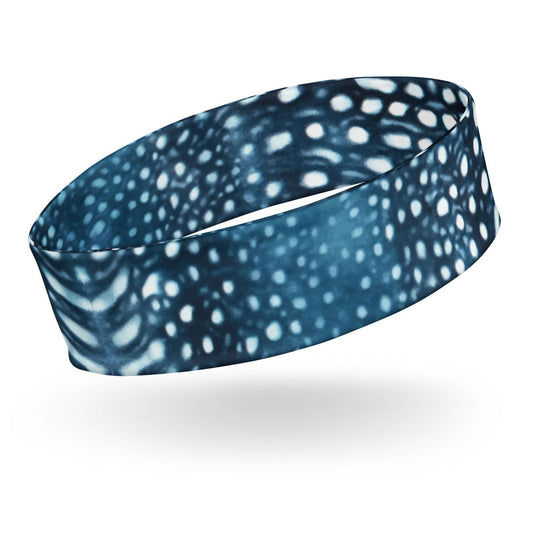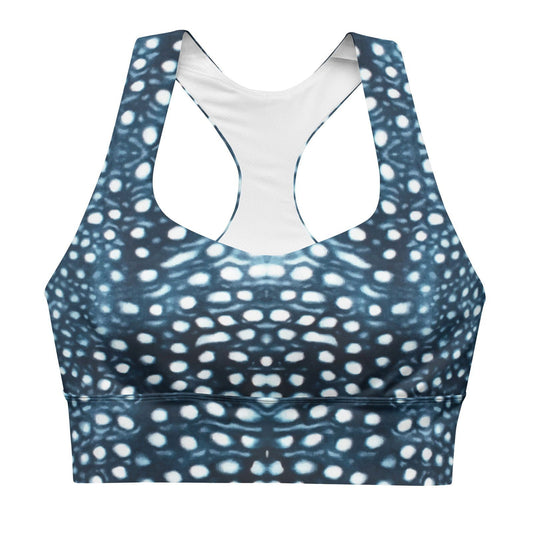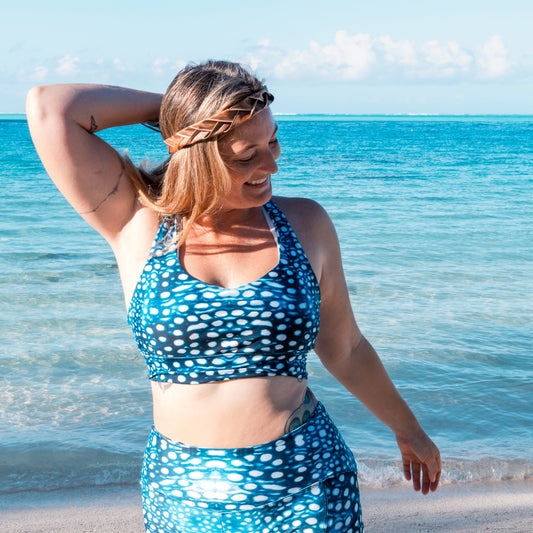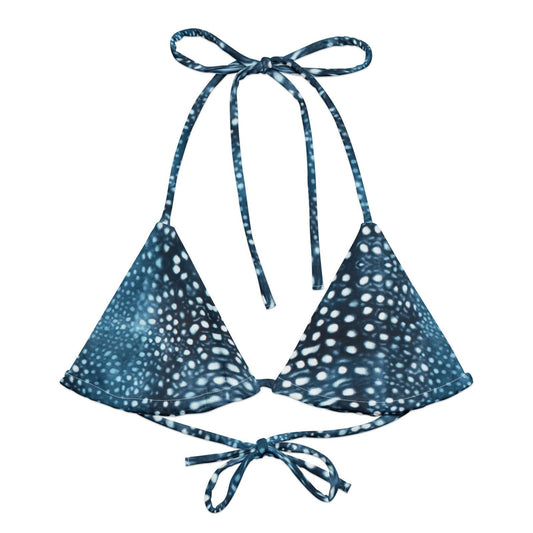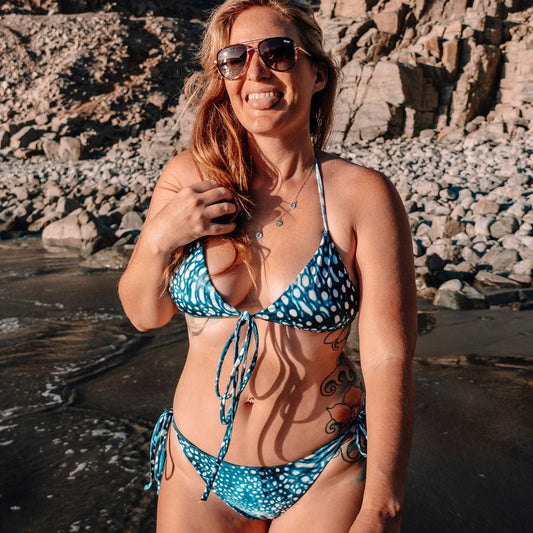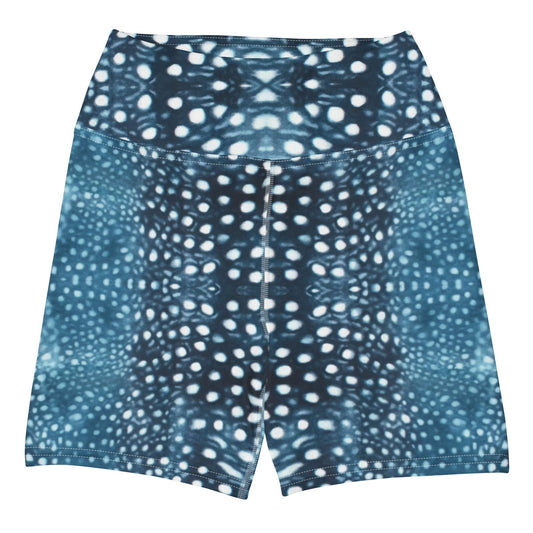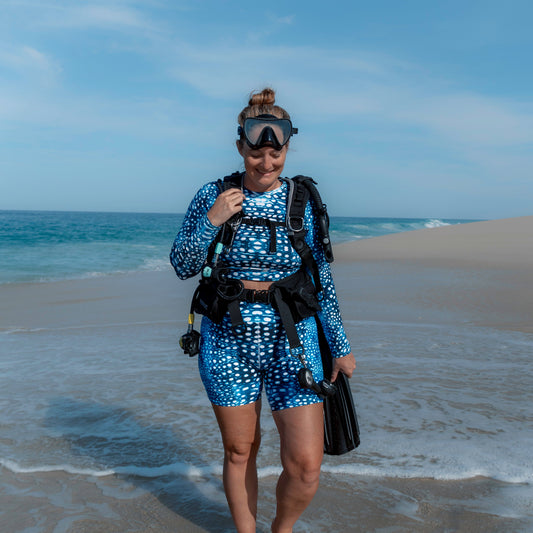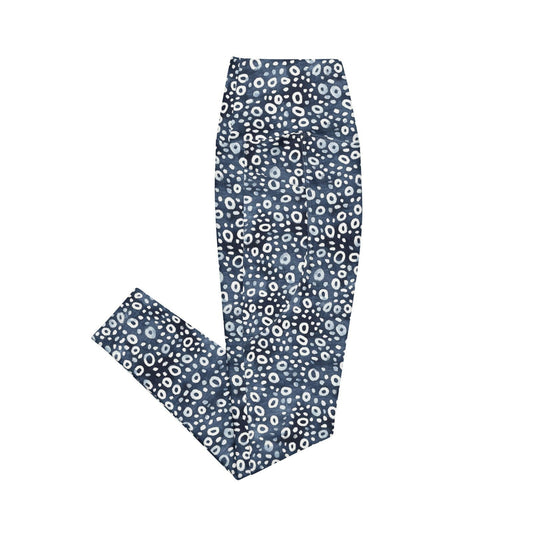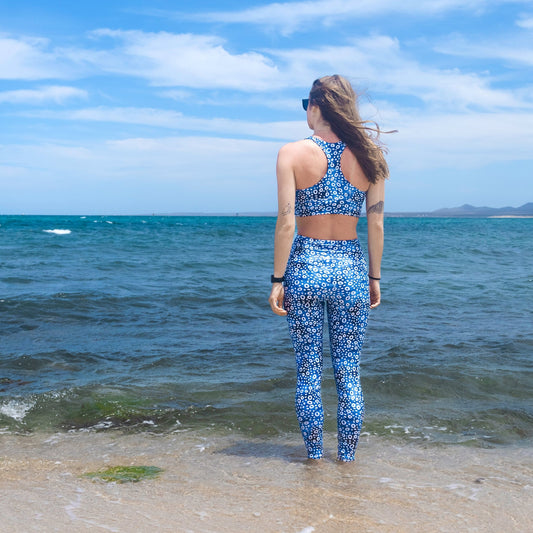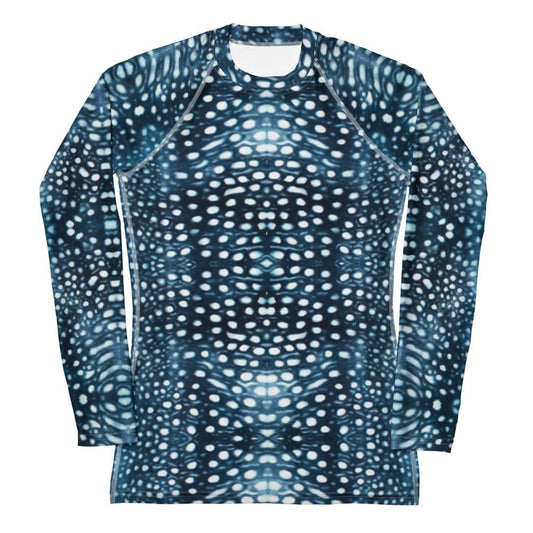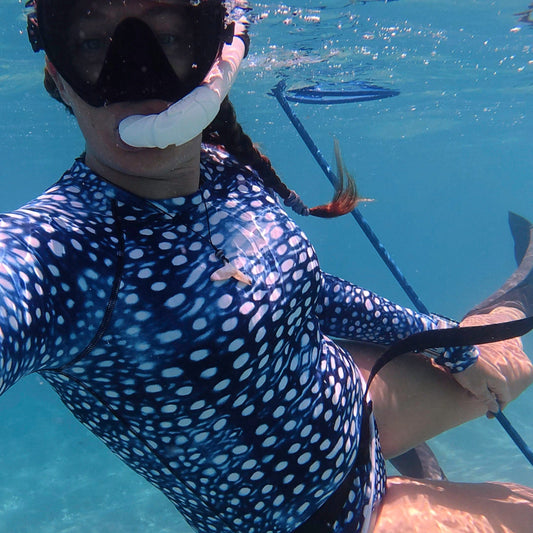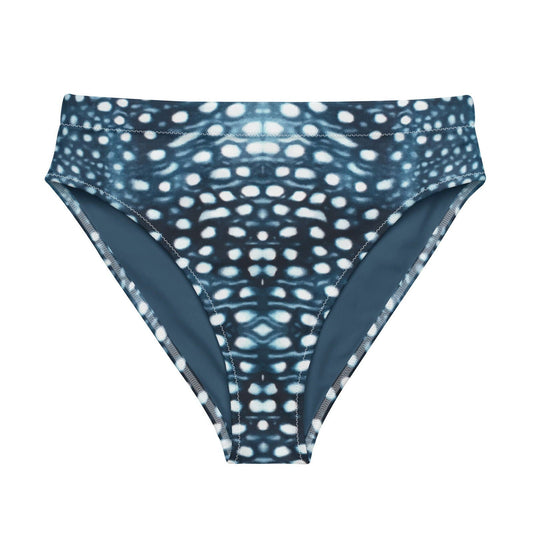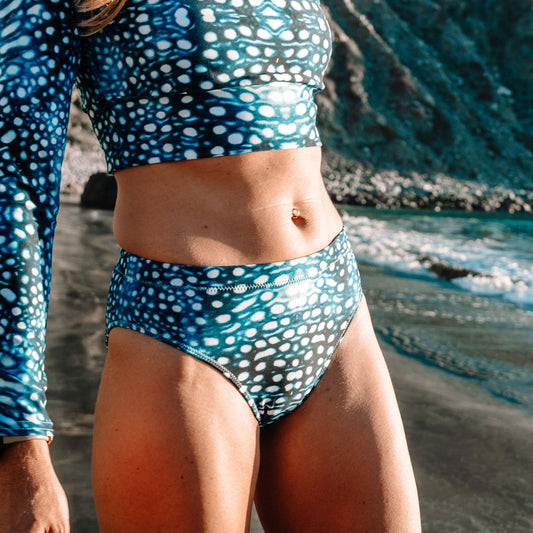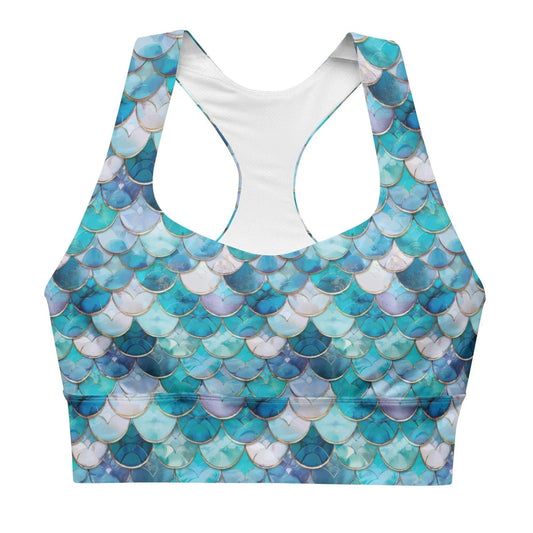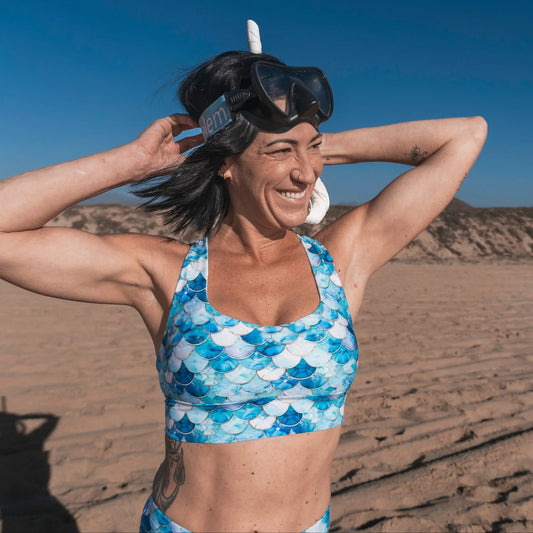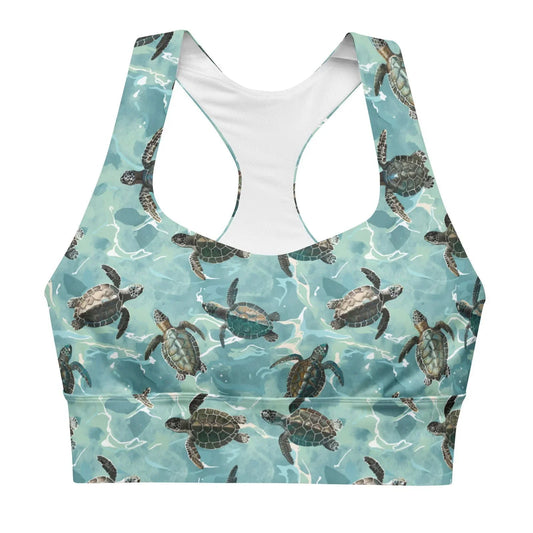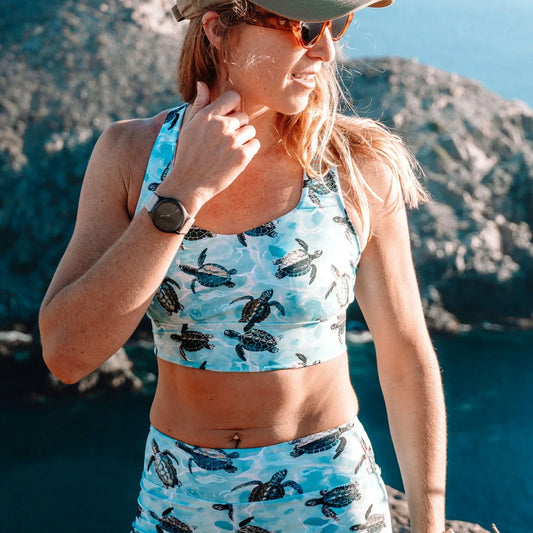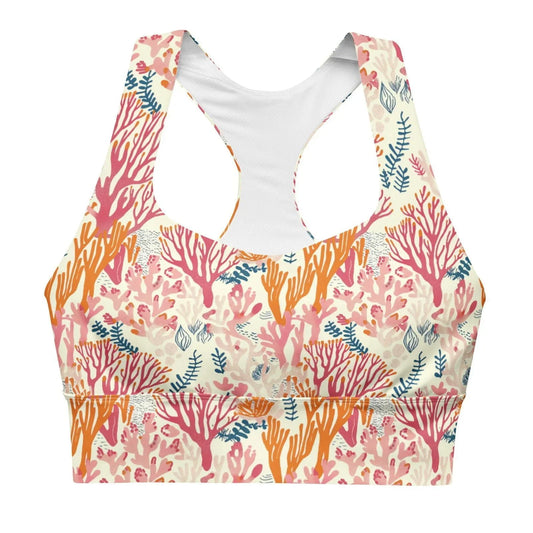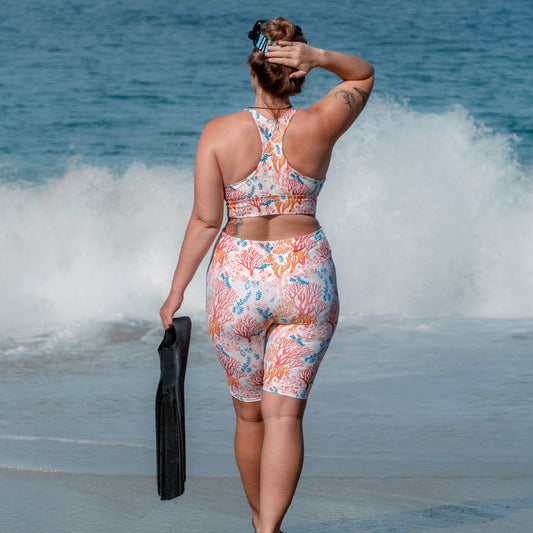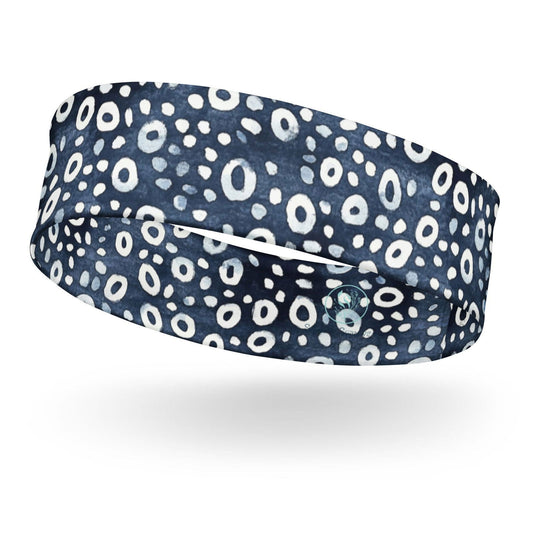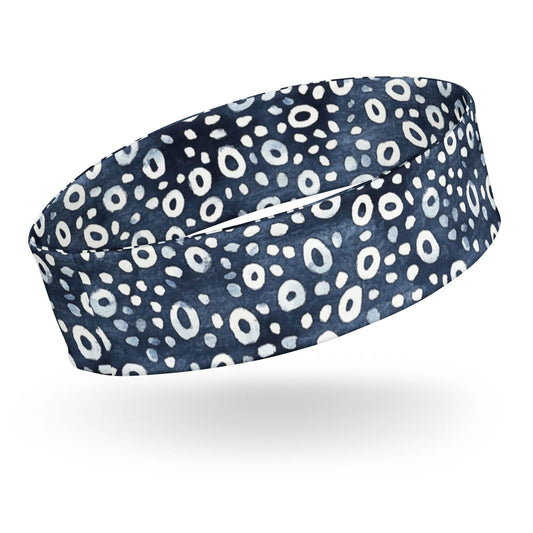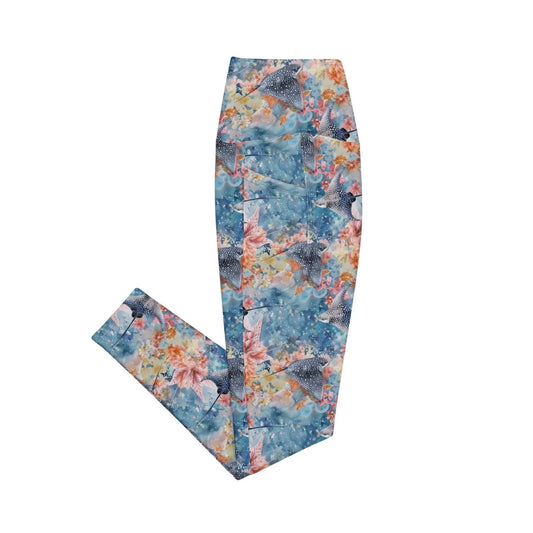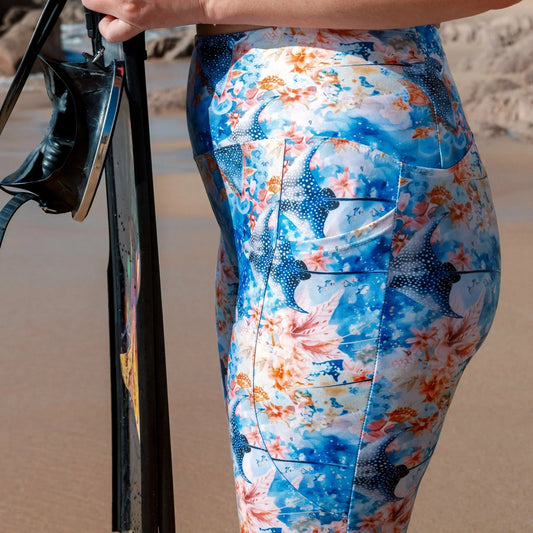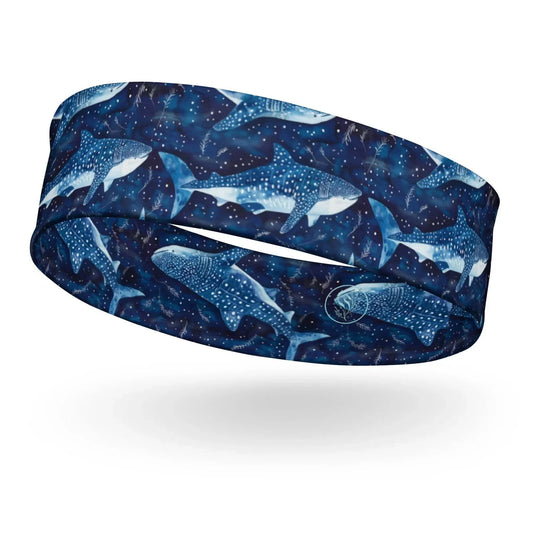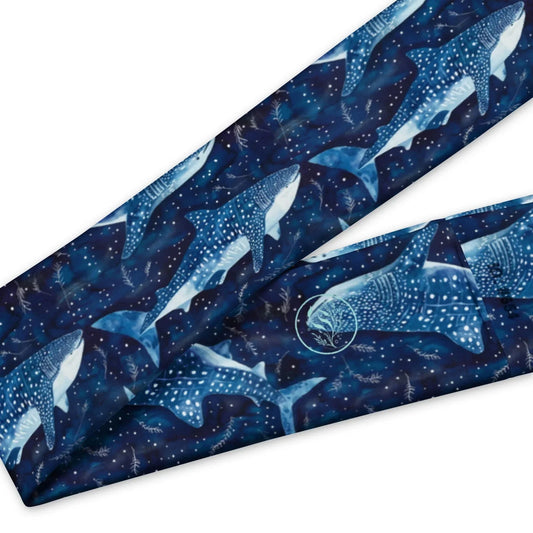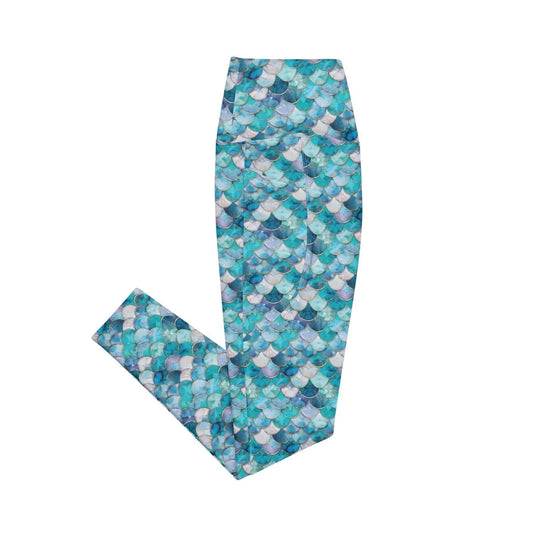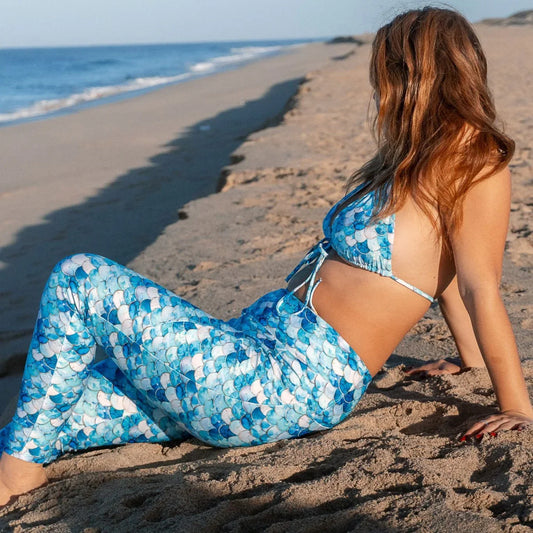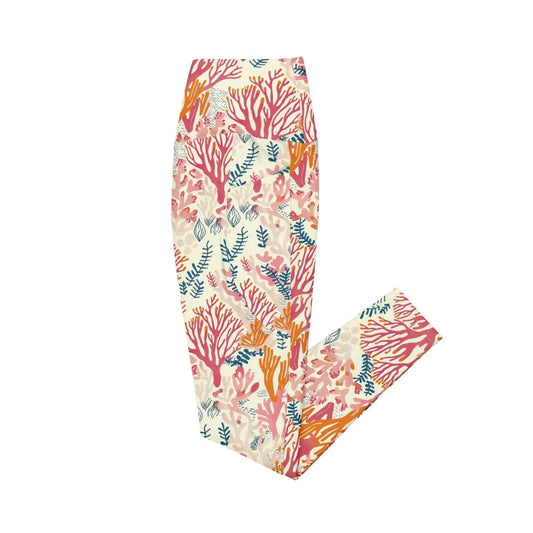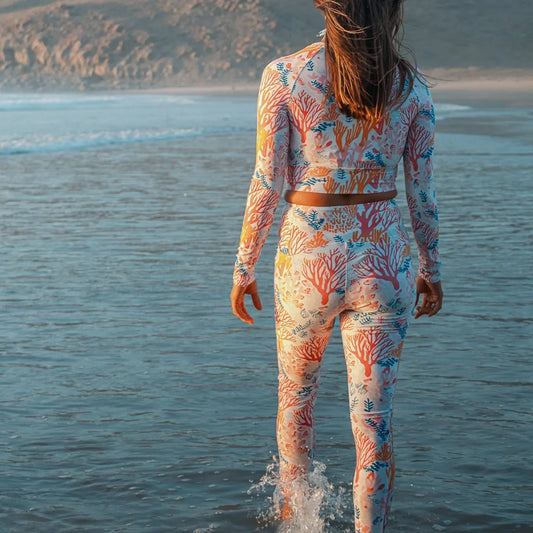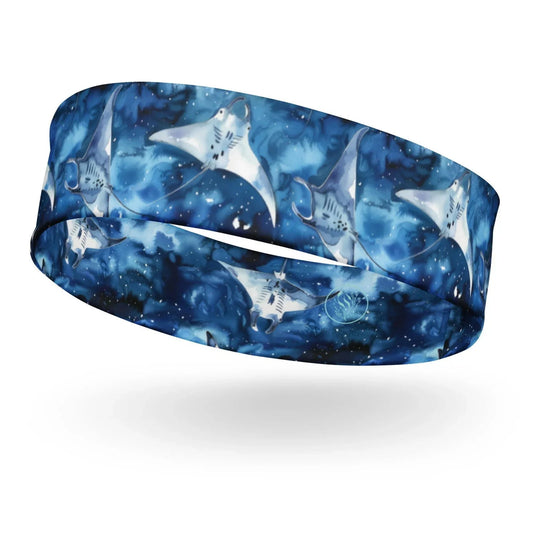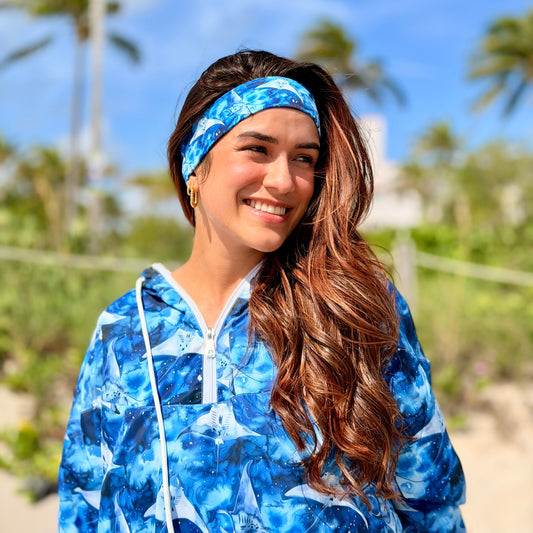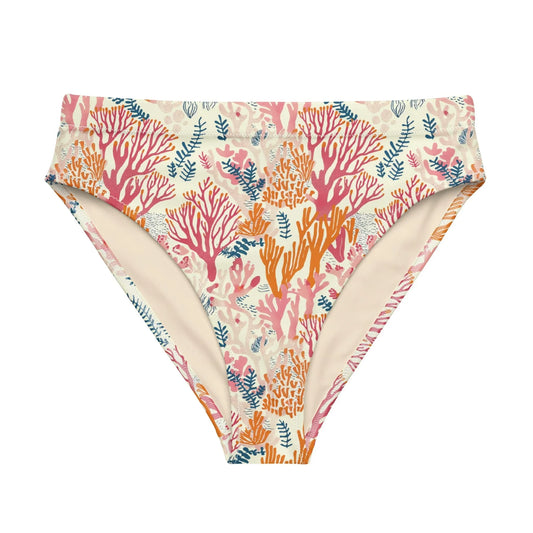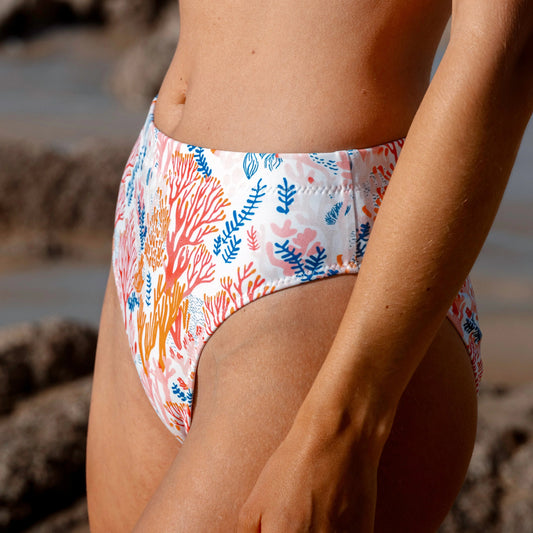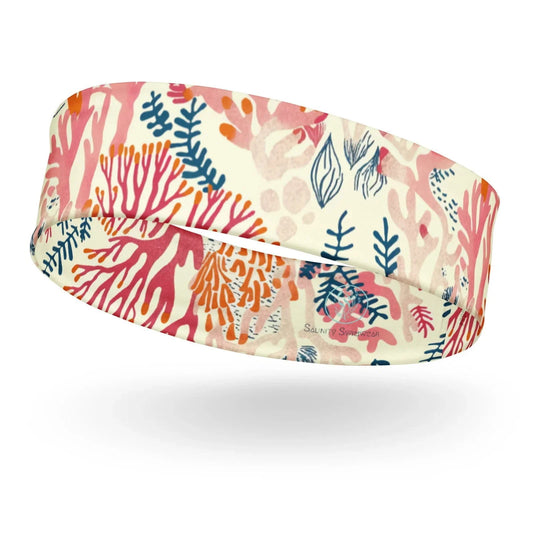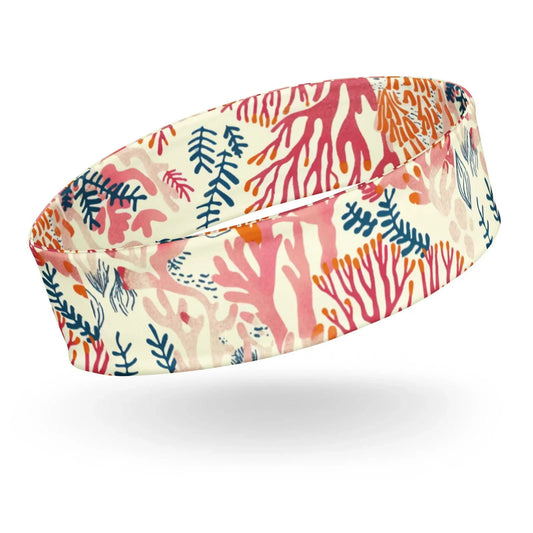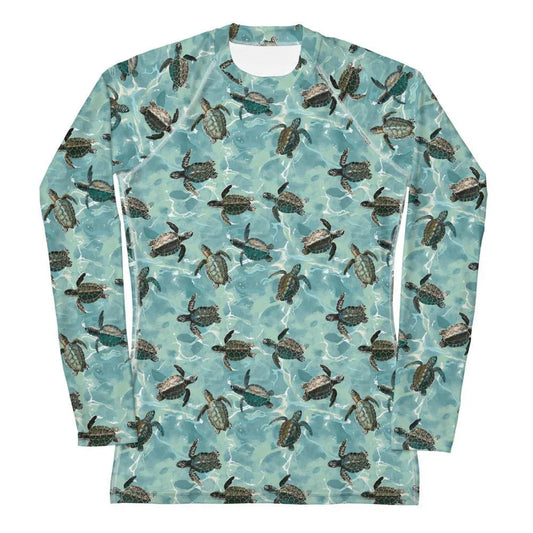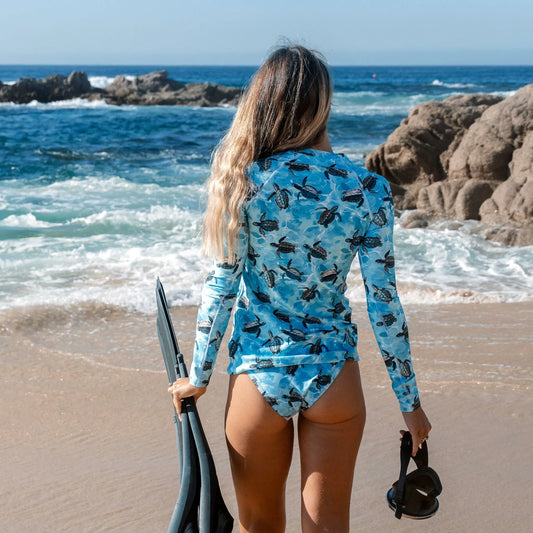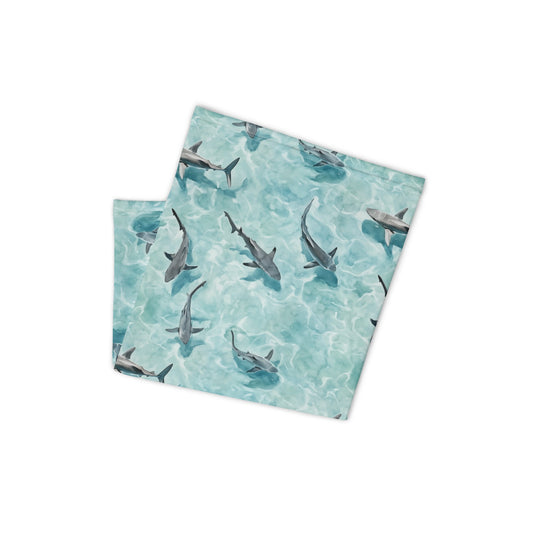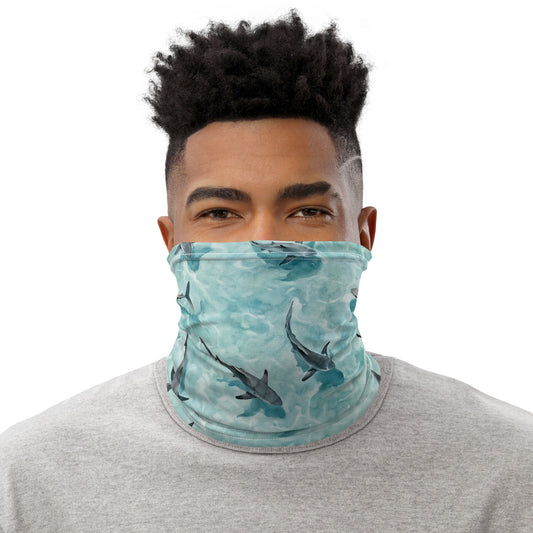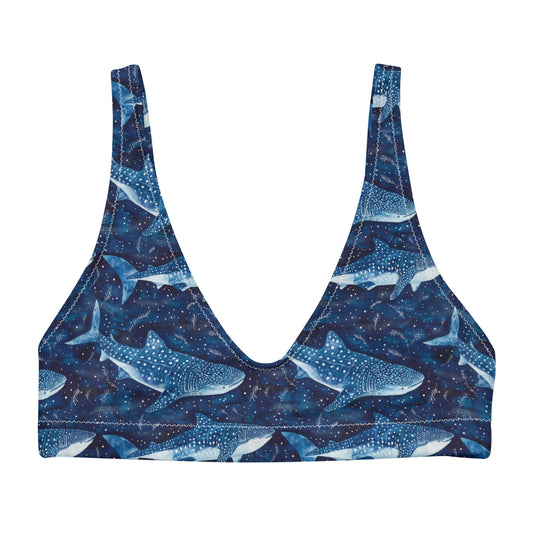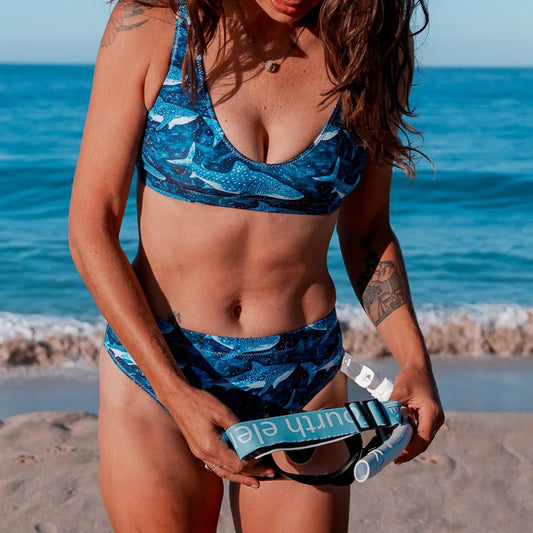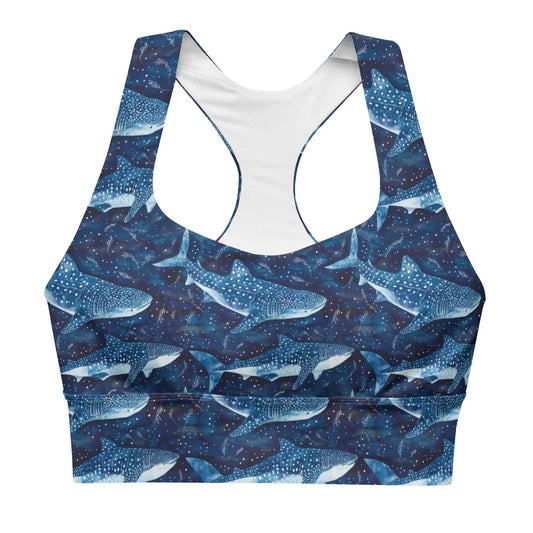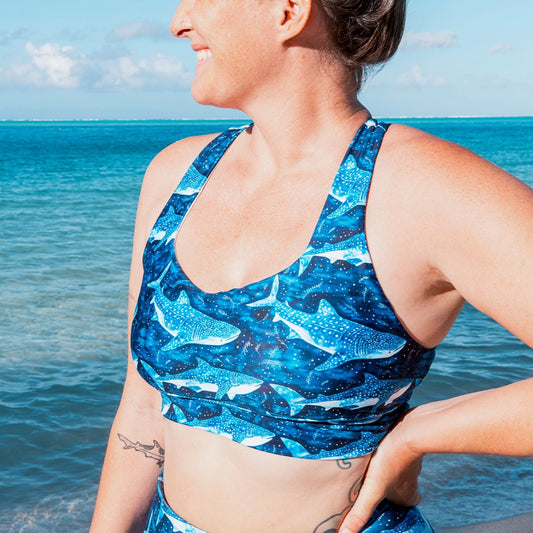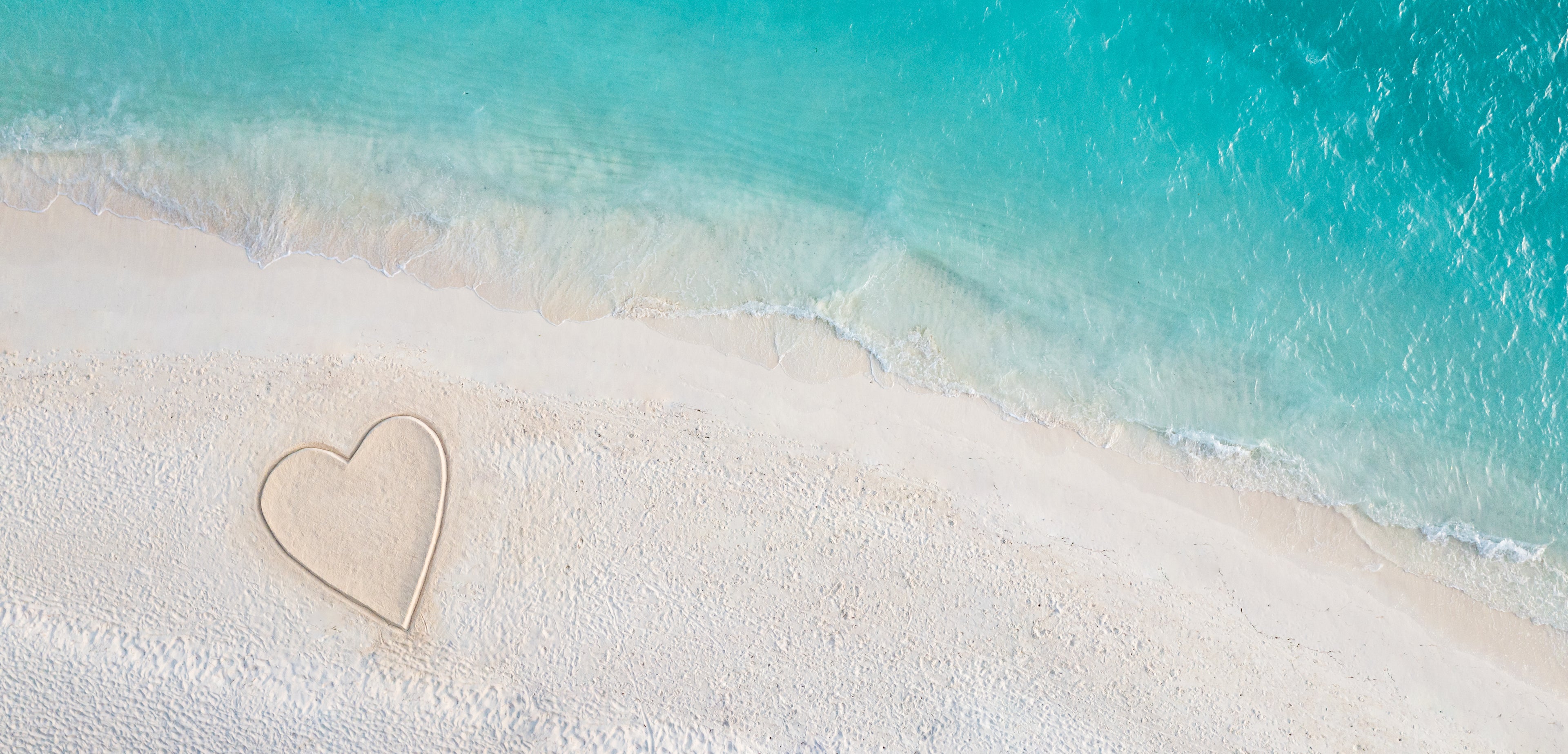
Sustainability at Salinity Swimwear
Our mission is to celebrate the beauty of the ocean while protecting it for future generations. We are dedicated to creating eco-conscious, sun-protective swimwear and apparel that inspires adventure, fosters a connection to the sea, and empowers people of all shapes and sizes. With thoughtful designs, sustainable practices, and a deep love for marine life, we aim to promote mindful consumption, reducing waste, and championing the preservation of our planet's most precious ecosystems.
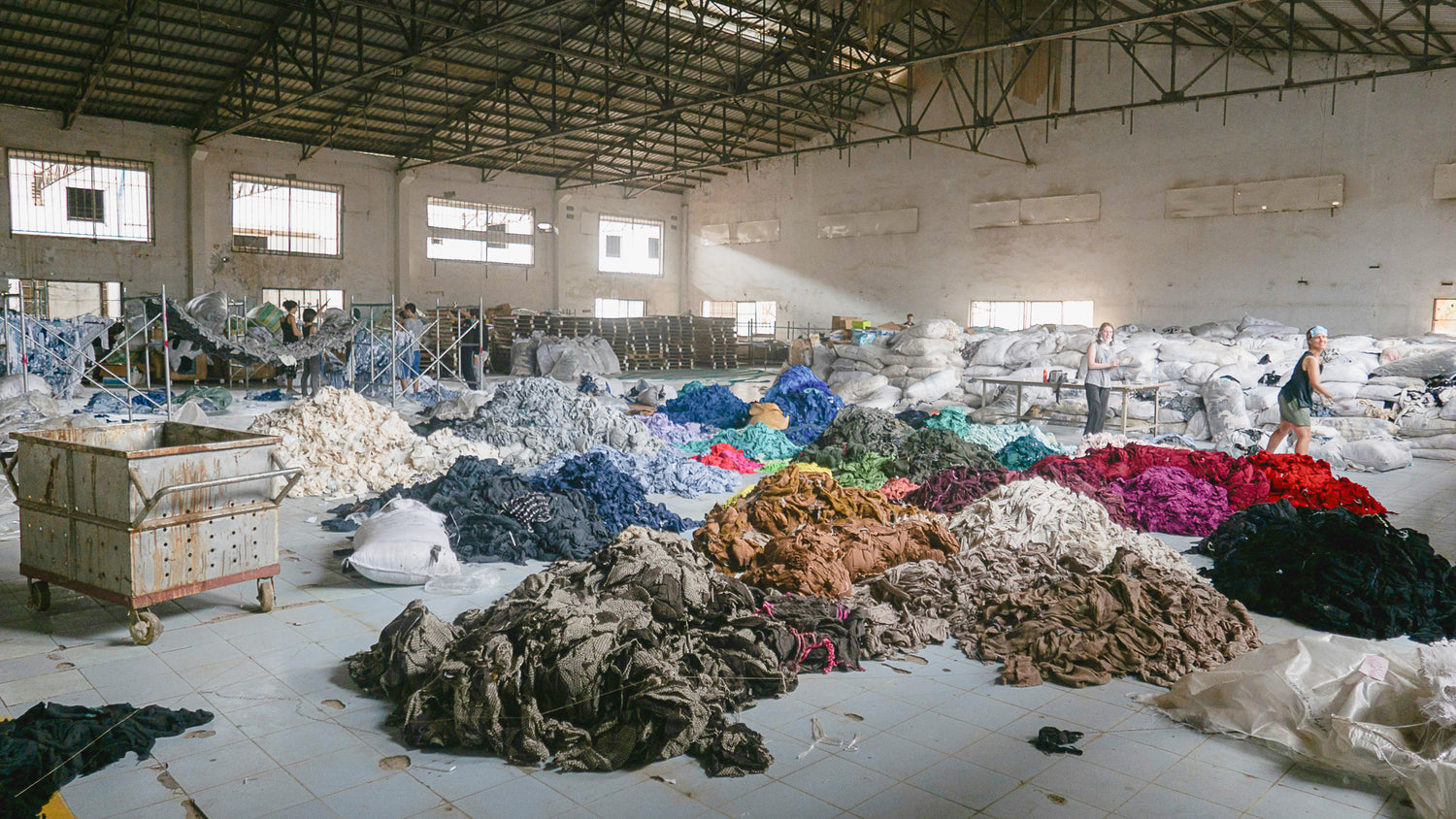
Why Sustainability Matters
The fashion industry is one of the largest contributors to environmental harm, driving excessive water waste, greenhouse gas emissions, and pollution. Fast fashion has pushed overproduction to alarming levels, creating mountains of textile waste and introducing harmful chemicals into the environment. Even more shocking, one in every five garments ends up in a landfill without ever being worn.
These practices take a devastating toll on ecosystems worldwide. The overuse of virgin plastics in fabrics adds to the global plastic crisis, while discarded clothing contributes to soil and water contamination. The sheer volume of waste created by the industry strains our planet's resources, threatening biodiversity and accelerating climate change.
Why does this matter to you? Because every decision we make as consumers has a ripple effect. Choosing sustainable options helps reduce waste, conserve resources, and support ethical practices. It’s about making a conscious effort to protect the environment not just for ourselves, but for future generations.
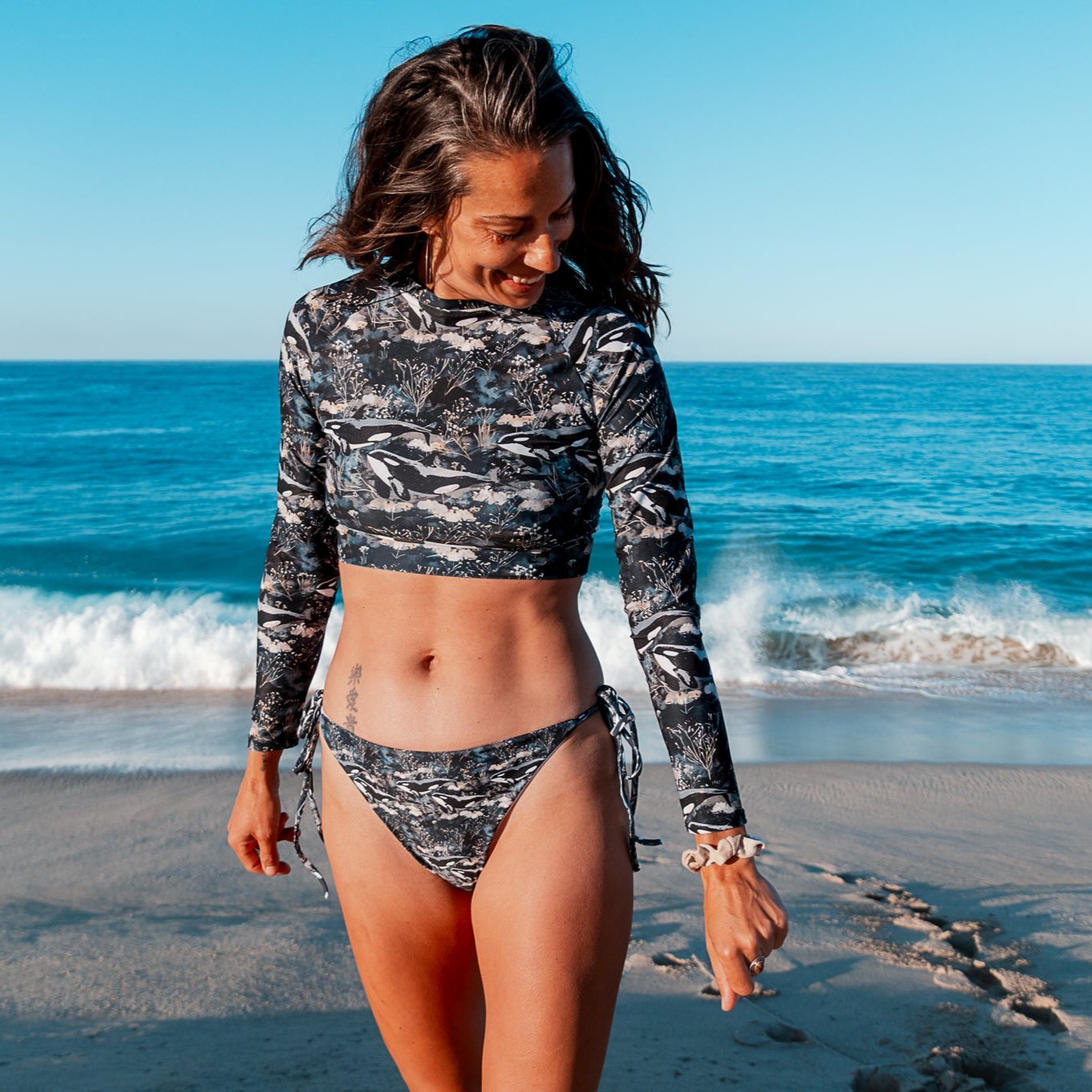
Reducing Waste
Our designs celebrate the beauty of the ocean and its marine life, transforming functional swimwear and apparel into wearable art that brings a touch of underwater magic into your everyday life. But it’s not just about looking good—it’s about doing good. That’s why we’re committed to “slow fashion,” a thoughtful approach that prioritizes quality, longevity, and sustainability. Every product in our collection is made-to-order, ensuring we only produce what’s needed, which helps reduce overproduction—a major contributor to waste in the fashion industry. This on-demand model minimizes environmental impact while allowing us to create unique, high-quality pieces that you’ll love for years to come.
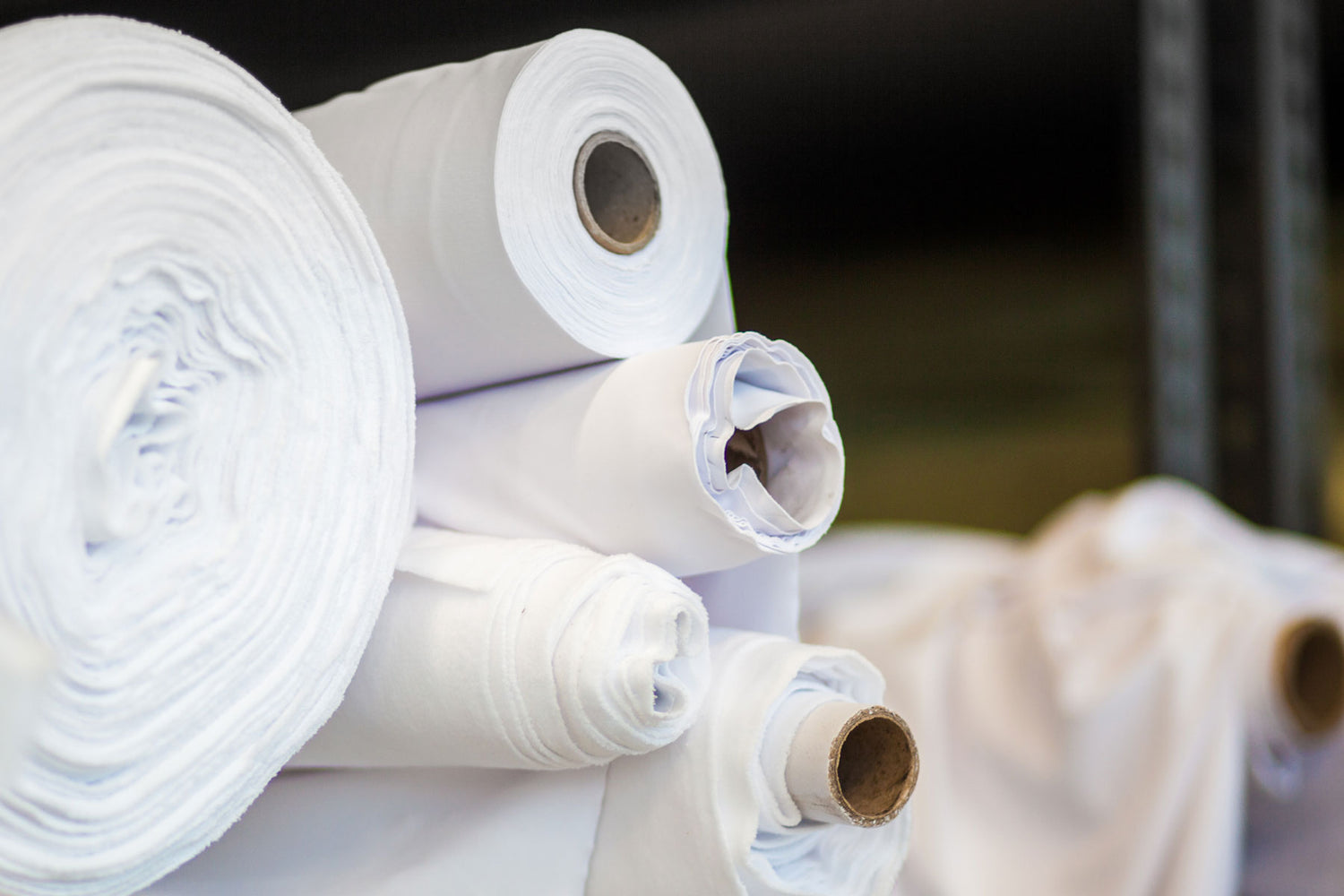
Sustainable Materials
At Salinity Swimwear, we’re dedicated to creating apparel that feels as good as it looks while making thoughtful choices for the planet. While not all of our fabrics are eco-friendly yet, we prioritize sustainable materials whenever possible. Each piece in our eco-friendly collection is crafted from at least 70% organic or recycled materials, providing a more sustainable and planet-friendly alternative to traditional fabrics without compromising on quality or comfort.
One of the standout materials we incorporate is REPREVE® recycled polyester, a high-performance fabric made from plastic waste, including bottles collected within 50 km of coastlines lacking formal recycling systems. This innovative process not only reduces ocean pollution but also transforms plastic waste into durable fabrics that rival traditional polyester.
Organic cotton is another cornerstone of our sustainable materials. Grown without harmful pesticides, it prioritizes soil health, biodiversity, and water conservation, offering a softer and more eco-friendly alternative to conventional cotton. By incorporating these eco-conscious fabrics into our designs, we’re taking meaningful steps toward reducing pollution, conserving resources, and supporting the planet we cherish. While there’s still work to be done, every mindful decision we make today helps build a better future for our oceans and beyond.
How Recycled Polyester Is Made
-
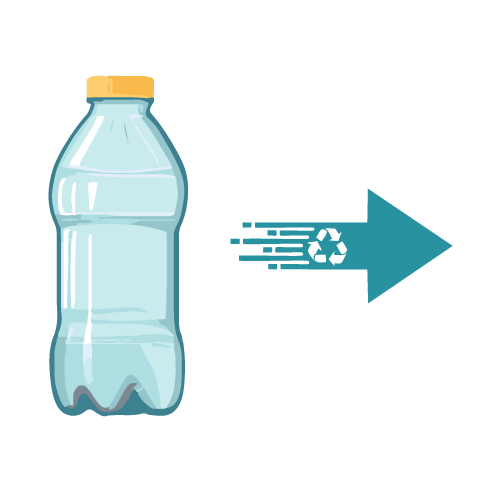
Collection
Plastic waste, such as discarded bottles, is collected from recycling programs and coastal cleanup efforts to prevent it from polluting our oceans and landfills.
-
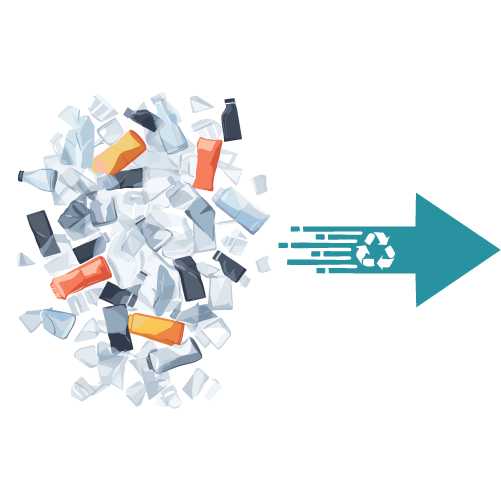
Shredding
The collected plastic is sorted by type and color, then thoroughly cleaned to remove any labels, dirt, and residue. Then the cleaned plastic is shredded into small flakes, making it easier to process into new materials.
-
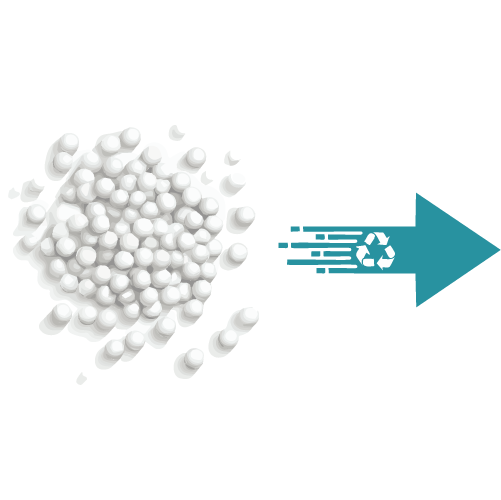
Melting Into Pellets
The plastic flakes are melted down and reformed into small pellets called “rPET pellets,” which serve as the raw material for creating new fabrics.
-
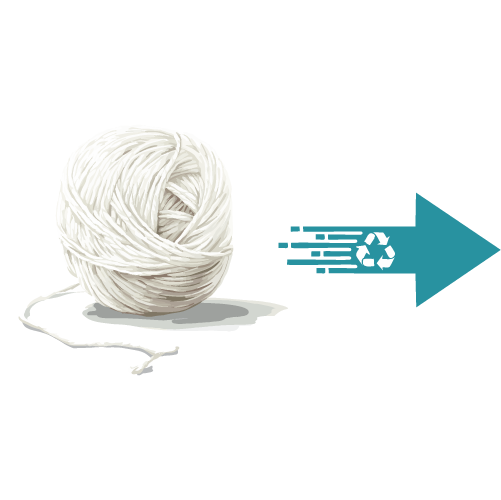
Spinning Into Fibers
The pellets are melted again and spun into thin, strong fibers that can be woven or knit into fabric.
-
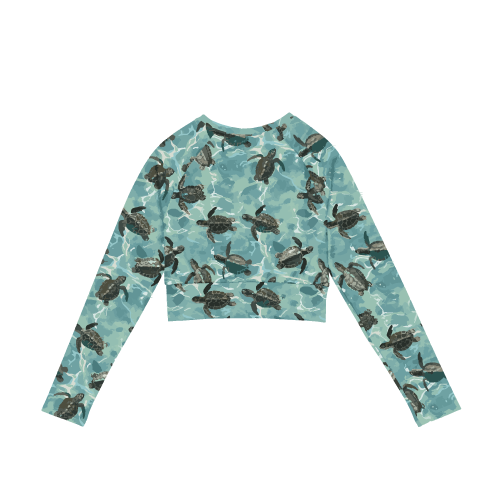
Final Product
The fabric is used to create eco-friendly apparel like swimwear, leggings, and activewear—designed to reduce waste and promote sustainability.
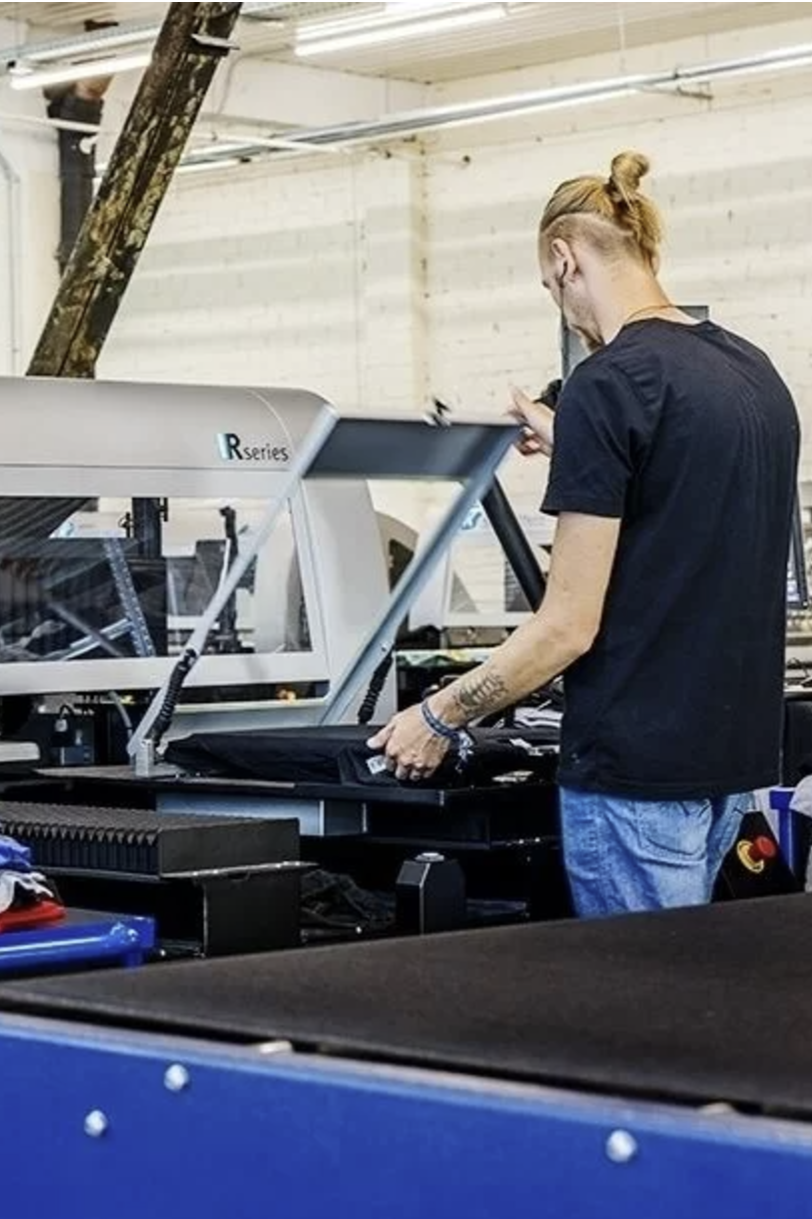
Non-toxic Printing
Our printing process minimizes waste and environmental impact. Using direct-to-garment (DTG) printing with Kornit printers, we create detailed designs while generating almost zero wastewater and consuming less energy than traditional methods.
We use OEKO-TEX® certified inks for t-shirts, hoodies, and sweaters—vegan, water-based, and free of harmful chemicals. For swimwear and sportswear, our CPSIA-certified inks ensure vibrant, non-toxic prints safe for all.
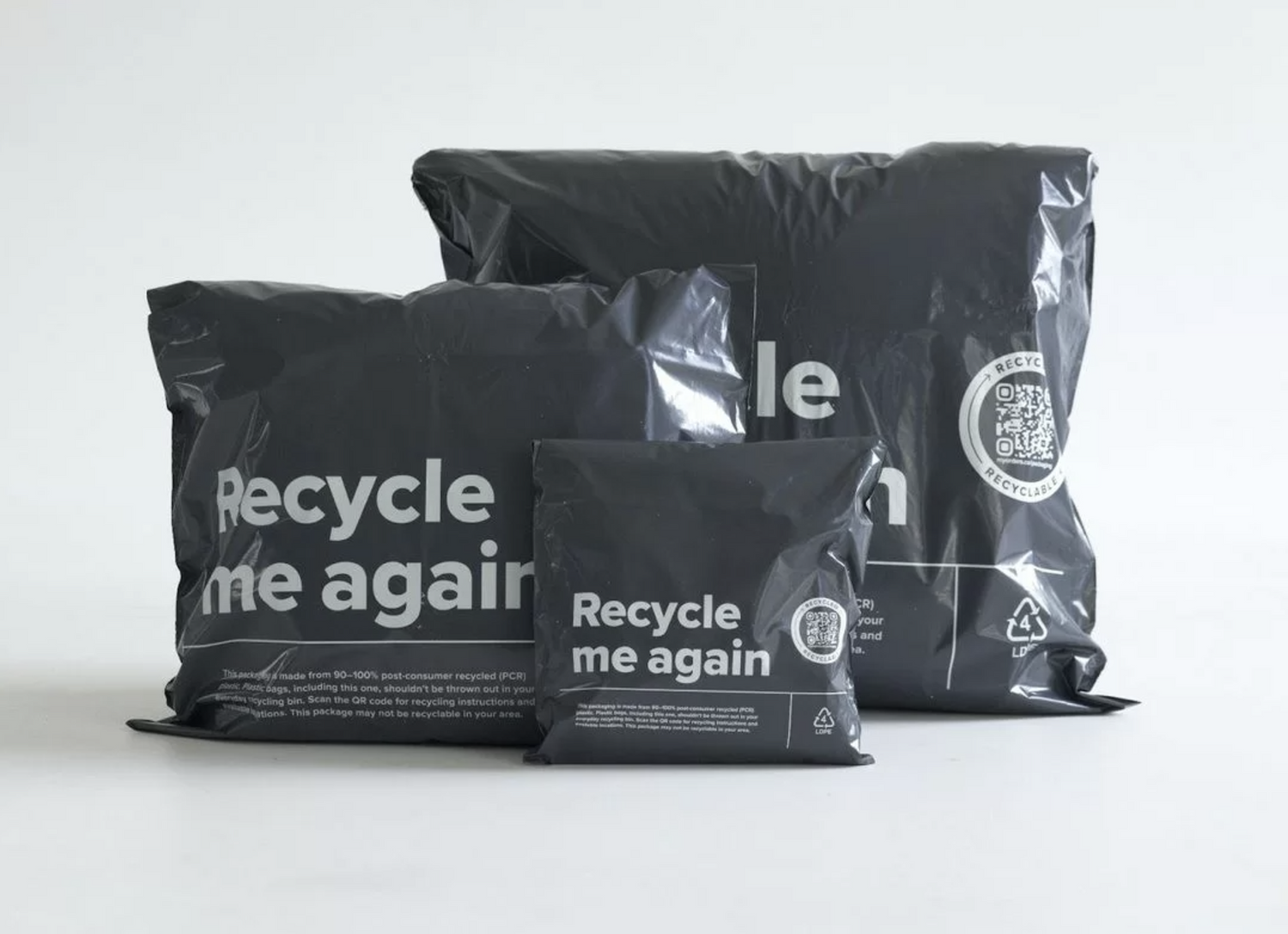
Packaging
Our apparel products are shipped in post-consumer recycled (PCR) plastic mailers, giving new life to materials like used plastic bags and bottles. Depending on the fulfillment center, the outer mailers contain at least 50% PCR content, while the clear inner bags used for multi-item shipments are made with at least 30% PCR content. This choice not only protects your orders during shipping but also reduces the demand for virgin plastics, minimizing our environmental impact.
By using PCR packaging, we’re helping to keep waste out of landfills and the ocean, aligning with our mission to protect the planet and the ecosystems that inspire our designs. Every step, big or small, contributes to a healthier future for our Earth.
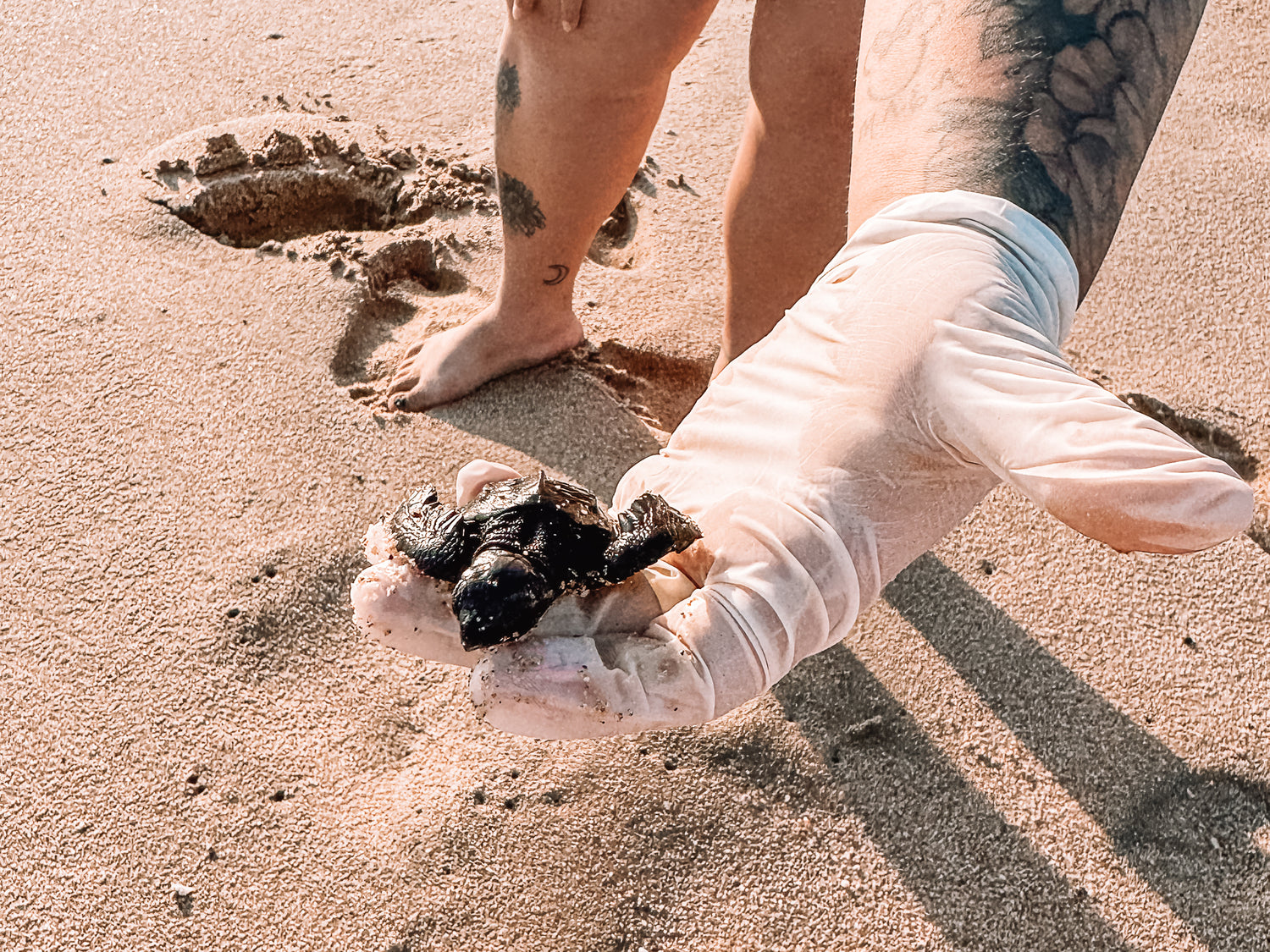
Supporting Change
I'm thrilled to announce that 1% of every sale now goes directly to support impactful causes right here in Baja California Sur. We’ve chosen to support two remarkable local organizations:
- Marine and Wildlife Rescue Center (MMWRC): Based in La Paz, this organization rescues and rehabilitates marine animals like stranded whales, injured sea lions, and seabirds, ensuring they can return to their natural habitats.
- Cero Basura BCS: Located in Todos Santos, this initiative is leading the charge toward a zero-waste Baja through education, recycling programs, and community-driven waste reduction efforts.
When you shop Salinity Swimwear, you’re directly contributing to these efforts, helping protect marine life and promote sustainability in the region we call home.
Customers are saying
Best Sellers
These fan-favorites have been making waves in the Salinity Swimwear community, and it’s easy to see why. Whether you're lounging on the beach, exploring underwater worlds, or chasing the sun, our best-selling swimwear combines eco-friendly materials, ocean-inspired patterns, and UPF 50+ sun protection for your ultimate adventure.
From whale sharks to mermaids, these pieces aren't just stylish—they're crafted with care and designed for comfort, so you can focus on what matters: enjoying the ocean to the fullest.
-
Whale Shark Mosaic Eco Swim Leggings With Pockets
Regular price $74.00 USDRegular price -
Whale Shark Mosaic Buff
Regular price $18.00 USDRegular price -
Whale Shark Mosaic Eco Cropped Rash Guard
Regular price $65.00 USDRegular price -
Whale Shark Mosaic Headband
Regular price $12.00 USDRegular price -
Whale Shark Mosaic Eco Sports Swim Top
Regular price $45.00 USDRegular price -
Whale Shark Mosaic Eco String Bikini Top
Regular price $40.00 USDRegular price -
Whale Shark Mosaic 4" Inch Dive Shorts
Regular price $39.00 USDRegular price -
Eagle Ray Spots Eco Swim Leggings With Pockets
Regular price $74.00 USDRegular price -
Whale Shark Mosaic Women's Rash Guard
Regular price $65.00 USDRegular price -
Whale Shark Mosaic Eco High-Waisted Bikini Bottom
Regular price $40.00 USDRegular price -
Mermaid Scales Collection Eco Sports Bra Top
Regular price $45.00 USDRegular price -
Oceanic Sea Turtle Eco Sports Bra Top
Regular price $45.00 USDRegular price -
Coral Reef Eco Sports Bra Top
Regular price $45.00 USDRegular price -
Eagle Ray Spots Headband
Regular price $12.00 USDRegular price -
Spotted Eagle Ray Eco Swim Leggings With Pockets
Regular price $74.00 USDRegular price -
Whale Shark Dream Headband
Regular price $12.00 USDRegular price -
Mermaid Scales Collection Eco Swim Leggings With Pockets
Regular price $74.00 USDRegular price -
Coral Reef Eco Swim Leggings With Pockets
Regular price $74.00 USDRegular price -
Starry Manta Ray Headband
Regular price $12.00 USDRegular price -
Coral Reef Eco High-Waisted Bikini Bottom
Regular price $40.00 USDRegular price -
Coral Reef Headband
Regular price $12.00 USDRegular price -
Oceanic Sea Turtle Women's Rash Guard
Regular price $65.00 USDRegular price -
Blacktip Shark Drift Buff
Regular price $18.00 USDRegular price -
Whale Shark Dream Eco Bikini Top
Regular price $40.00 USDRegular price -
Whale Shark Dream Eco Sports Bra Top
Regular price $45.00 USDRegular price
